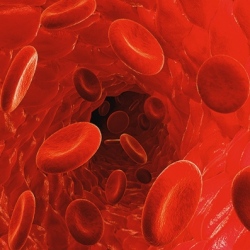
Experts describe the early research as a "major advance" in this field. The study, in the Lancet Neurology, suggests the prototype test could help in the hunt for new treatments. Huntington’s disease is an inherited and incurable brain disorder that is currently fatal. About 10,000 people in the UK have the condition and about 25,000 are at risk.
It is passed on through genes, and children who inherit a faulty gene from parents have a 50% chance of getting the disease in later life. People can develop a range of problems including involuntary movements, personality changes and altered behaviour and may be fully dependent on carers towards the end of their lives.
In this study, an international team – including researchers from University College London – looked at 200 people with genes for Huntington’s disease – some of whom already had signs of the disease, and others at earlier stages.
They compared them to some 100 people who were not at risk of getting the condition. Volunteers had several tests over three years, including brain scans and clinical check-ups to see how Huntington’s disease affected people’s thinking skills and movement as the condition became more severe.
At the same time scientists looked for clues in blood samples – measuring a substance called neurofilament light chain (NFL) – released from damaged brain cells.
They found levels of the brain protein were high in people with Huntington’s disease and were even elevated in people who carried the gene for Huntington’s disease but were many years away from showing any symptoms.
And researchers found NFL levels rose as the condition worsened and as people’s brains shrank over time.
